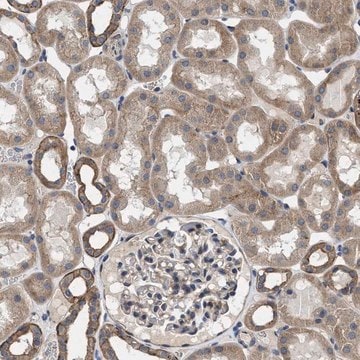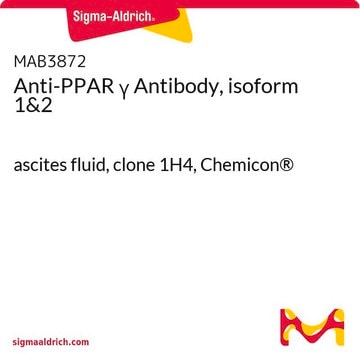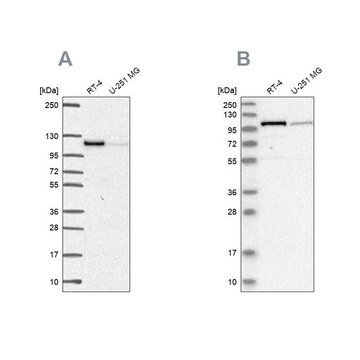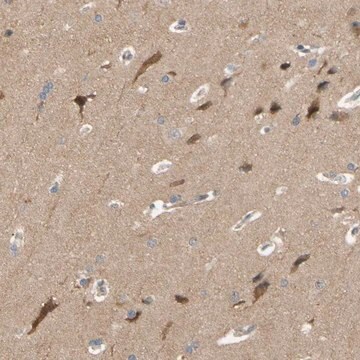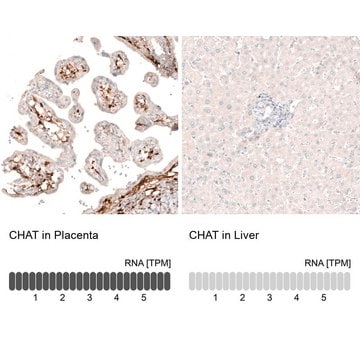SAB4504104
Anti-phospho-PKD2 (pSer876) antibody produced in rabbit
affinity isolated antibody
Sinónimos:
Anti-HSPC187
About This Item
Productos recomendados
origen biológico
rabbit
conjugado
unconjugated
forma del anticuerpo
affinity isolated antibody
tipo de anticuerpo
primary antibodies
clon
polyclonal
formulario
buffered aqueous solution
mol peso
antigen 96 kDa
reactividad de especies
mouse, human, rat
concentración
~1 mg/mL
técnicas
ELISA: 1:60000
western blot: 1:500-1:1000
Nº de acceso NCBI
Nº de acceso UniProt
Condiciones de envío
wet ice
temp. de almacenamiento
−20°C
modificación del objetivo postraduccional
phosphorylation (pSer876)
Información sobre el gen
human ... PRKD2(25865)
Descripción general
Inmunógeno
Immunogen Range: 829-878
Acciones bioquímicas o fisiológicas
Características y beneficios
Forma física
Cláusula de descargo de responsabilidad
Not finding the right product?
Try our Herramienta de selección de productos.
Código de clase de almacenamiento
10 - Combustible liquids
Clase de riesgo para el agua (WGK)
WGK 1
Punto de inflamabilidad (°F)
Not applicable
Punto de inflamabilidad (°C)
Not applicable
Certificados de análisis (COA)
Busque Certificados de análisis (COA) introduciendo el número de lote del producto. Los números de lote se encuentran en la etiqueta del producto después de las palabras «Lot» o «Batch»
¿Ya tiene este producto?
Encuentre la documentación para los productos que ha comprado recientemente en la Biblioteca de documentos.
Nuestro equipo de científicos tiene experiencia en todas las áreas de investigación: Ciencias de la vida, Ciencia de los materiales, Síntesis química, Cromatografía, Analítica y muchas otras.
Póngase en contacto con el Servicio técnico